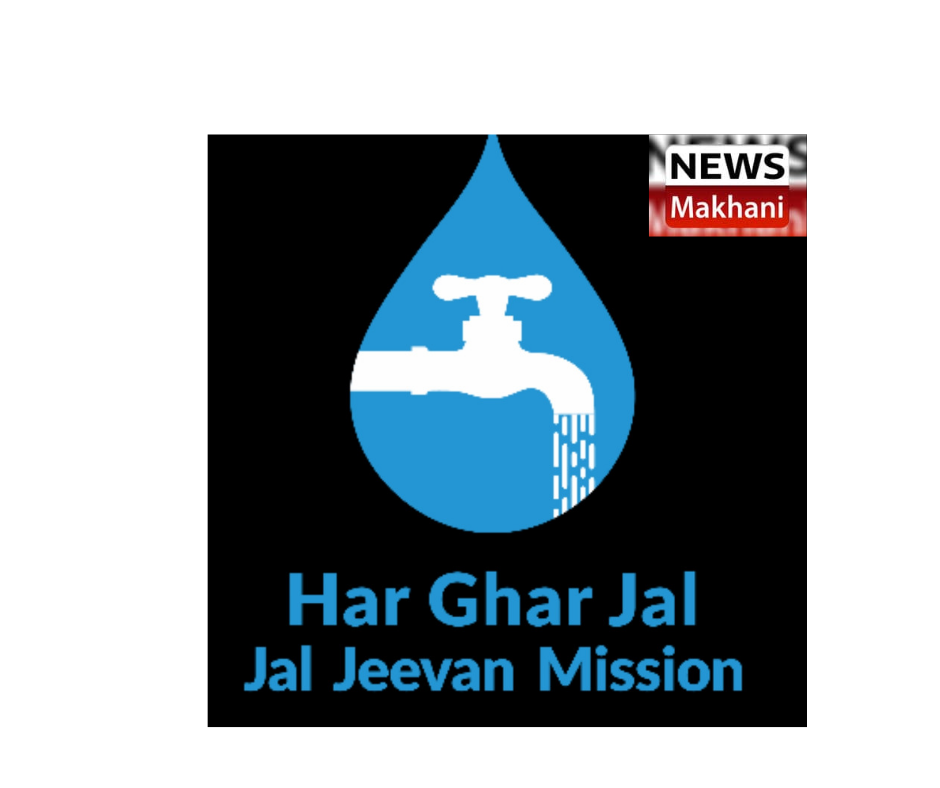Har Ghar Jal
Punjab State presented their Jal Jeevan Mission Annual Action Plan today via video conference. During the presentation, Punjab State reiterated the commitment of the State to achieve ‘Har Ghar Jal’ target by 2022 as planned. Punjab has 34.73 lakh rural household, out of which 25.88 lakh (74.5%) have tap water supply. In 2021-22, the State plans to provide 8.87 lakh tap connections, thereby providing tap connection to every rural household. Punjab has 1,634 habitations, which are Arsenic, Fluoride and other contamination affected. Out of these 558 habitations have been covered by the State, while for the remaining habitations, as a short term step, the State will give potable water in all the quality affected habitations.
The exercise of talking and finalizing the Annual Action Plan of States/ UTs under Jal Jeevan Mission, is done by a national committee held by the Secretary, Department of Drinking Water & Sanitation, members from different Central Ministries/ Departments and NITI Aayog. Thereafter, funds are released throughout the year based on quarterly progress and expenditure incurred from time to time, coupled with regular field visits by the national team to guide and provide technical assistance for smooth implementation of the planned activities and help the State achieve goal set to make every village ‘Har Ghar Jal’ under Jal Jeevan Mission. The national committee appreciated the concerted efforts done by the State for giving 100% tap connections in all schools and anganwadi centres. 9.09 lakh tap connections were given in last one and half year under Jal Jeevan Mission. So far, 4 districts, 29 blocks, 5 ,715 panchayats and6, 003 villages in Punjab have been declared ‘Har Ghar Jal’, which means every rural household has access to water through tap.
To make sure transparency and accountability, Punjab has set up a well-equipped digital 24×7 call centre with Interactive Voice Responsive System. This analog grievance redressal system was upgraded in December 2020.Last year, the redressal rate was 97.76%.The pending complaints daily monitoring is done by sending reminders to Executive Engineer via SMS, What’s App messages, e-mail and over phone. JJM is a flagship programme of the Union Government, which aims to provide piped tap water in every rural household. In the previous financial year 2020-21, Rs 362 Crore central fund was allocated for the State to provide assured tap water supply. In 2021-22, the State is likely to get Rs. 750 Crore as central fund. Under Jal Jeevan Mission, in 2021-22, in addition to Rs 50,011 Crore budgetary allocation for JJM, there is also Rs 26,940 Crore assured fund available under the 15th Finance Commission tied-grant to RLB/ PRIs for water and sanitation, matching State share and externally aided as well as State funded projects. Thus, in 2021-22, more than Rs. 1 lakh Crore is planned to be invested in the country on ensuring tap water supply to rural homes. This kind of investment in rural areas will boost the rural economy. Under Jal Jeevan Mission, efforts are made to dovetail all available resources at village level by convergence of different programmes viz. MGNREGS, JJM, SBM, 15th Finance Commission Grants to PRIs, CAMPA funds, Local Area Development Funds, etc. It was urged to involve the local village community/ Gram Panchayats and or user groups in planning, implementation, management, operation and maintenance of water supply systems in villages to ensure long-term sustainability thereby achieving drinking water security. The State was asked to start IEC campaign for water conservation.
The AAP stresses on drinking water source strengthening/ augmentation, water supply, grey water treatment and reuse, and operation and maintenance of in-village water supply system. The State plans intense skill trainingof 60,610 people, which includes State and District Water and Sanitation Mission officials, engineering cadre and State and district programme management unit staff. 8,000 personnel in the State will be trained as mason, plumber, electrician and fitter. 2,373 personnel were given skill training by the State in 2020-21. This trained man power will in turn be used to build the water supply infrastructure as well as for their operation and maintenance.

 हिंदी
हिंदी






